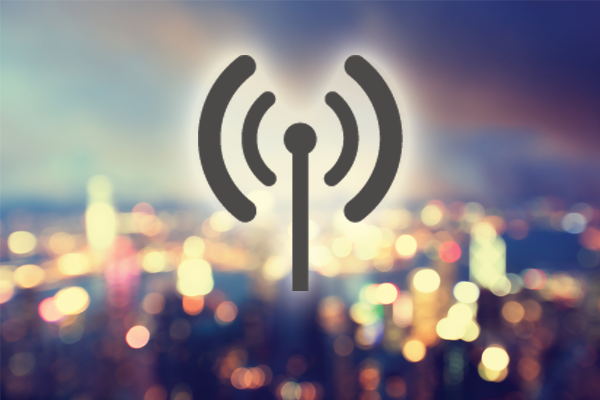Old television frequencies are becoming increasingly available around the world as broadcasting continues switching from analog to digital transmission technologies. Governments are, for the most part, auctioning these spectrums off to mobile phone network operators. However, these frequency bands would be better utilized in creating publicly accessible, long-range WiFi networks --- according to a new study from Germany's Karlsruhe Institute of Technology (KIT). While this conclusion is contradictory to conventional thinking, it is certainly worth further consideration since one of the world's most prestigious research and educational institutions says it is
1.) technically achievable
&
2.) beneficial to economic growth.
Utilizing the lower frequency ranges would give this new “super WiFi” a much wider range than existing WiFi frequencies are capable of attaining.
“Implementation of our approach would have far-reaching consequences,” says Arnd Weber of the Institute for Technology Assessment and Systems Analysis (ITAS) at KIT.
“Individuals, institutions and companies would be far less dependent on expensive mobile communications networks in conducting their digital communication. This would be of great economic benefit.”
As internet service providers and wireless network operators fight for ever-increasing monopoly power over American consumers, maybe a surprising alternative such as this will start spreading. Suddenly, embracing net neutrality and even Title II classification might not sound so crazy to corporate industry incumbents like Comcast and Verizon.
Since U.S. mobile data rates are already among the most expensive in the world, why should we expect that to change if we sell the rights to these additional frequencies? The free-to-air television frequencies are currently considered a public good --- perhaps we can adapt them into a more modern and more valuable public good: free basic internet access.
What if America's interstate highways all became privately owned toll roads? Would the benefit to the toll operators charging for road access outweigh the economic burden imposed on individual citizens and businesses? Probably not, a great number of people would argue. While obviously not a perfect analogy, the picture might help illustrate the infrastructure system that powers and supports the American way of life.
While there are clearly compelling social arguments about why free internet access is an important factor in creating equal opportunities for citizens - education, employment, freedom of speech, etc. - those points, unfortunately, may be hard to measure and justify to people predisposed to the status quo.
Instead, let's stick with rational economic theory to conclude for now. Most modern growth models all seem to agree that economies are primarily powered by productivity growth - innovation and the spreading of new ideas. Unnecessary scarcity of internet access would be a costly mistake in the long run.
It's not a simple subject, though the outcomes are important, so it is certainly worth exploring all available options.





